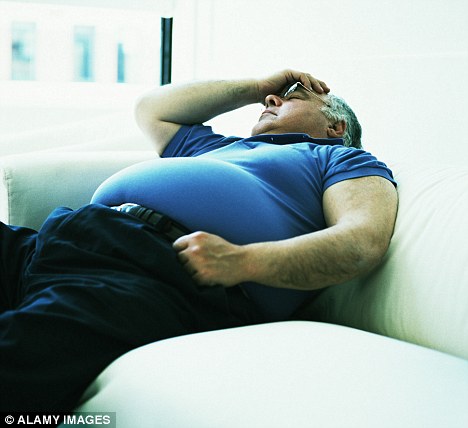I am still working. I exercise because I have a sedentary job (with commute) and I don't want to be like many of my friends, who take pills to control their blood pressure and cholesterol levels and who can't walk up a steep hill without getting out of breath.
I run for exercise because I've found that if I can just get out there after work, and then get a mile (or 2 or 3) away from the house, then I have no choice but to get my butt home again. When I am in one of my strength training modes I find that, after 8 - 10 weeks of following the plan, I start to lose focus and it's way too easy to quit on the workout, so running is what I always come back to. Running is also a pretty cheap option. I run 4 days a week and about 25 miles a week. I also do Yoga and I'll throw in some other workouts from time to time.
Regular exercise allows me to eat and drink the "good things" in life, albeit with moderation and means that I can spend the whole day away from the hotel when I'm on vacation, just walking around and seeing the sites. You can add me to the camp that thinks that regular exercise is something that I can control and that can help me have a longer and higher quality of life.
Running slows aging and postpones disability, study finds Regular running slows the effects of aging, according to a new study from the School of Medicine that tracked 500 older runners for more than 20 years. Elderly runners have fewer disabilities, a longer span of active life and are half as likely as nonrunners to die early deaths, the research found.
I found this article while looking for a long term study that I read some time ago that tracked Stanford employees and retirees. I am not sure the subjects in this study are the same group, but that other study reached the same basic conclusions about the meritorious benefits of regular exercise. The thing that makes that study interesting is that group of individuals, while not being a fair sample of the US general population, is probably pretty representative of the members of this forum.




